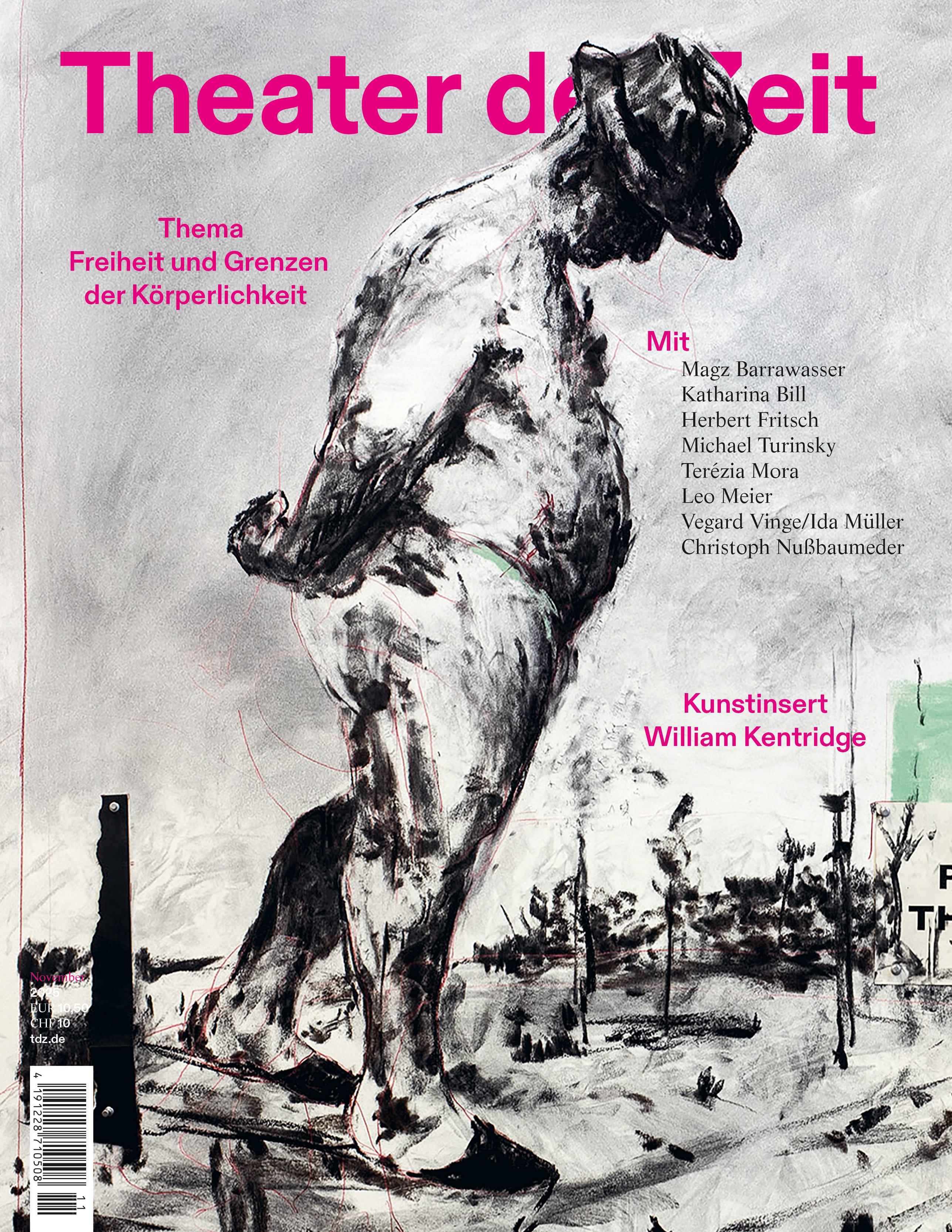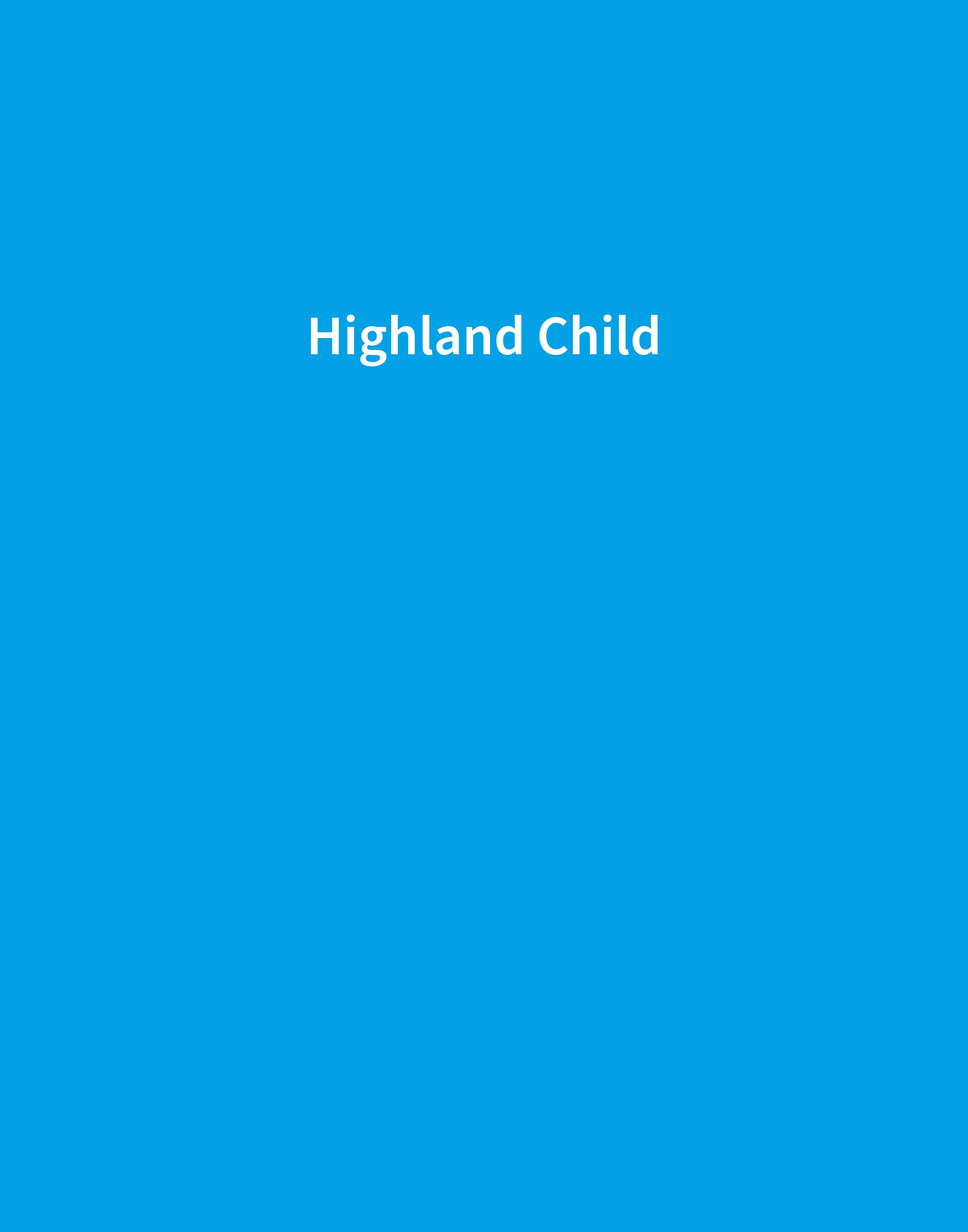Young Theatre in Morocco
von Ahmed Massaia
Erschienen in: Recherchen 104: Theater im arabischen Sprachraum – Theatre in the Arab World (12/2013)
Moroccan theatre, although still very young, has passed through several phases since it started up in the mid-1950s. Professional troupes, as well as a large number of amateur groups, enlivened the Moroccan stage for several years before Moroccan theatre tailed off in the 1980s, despite the emergence of independent groups, some of which were made up of young people who had trained abroad. As a result, the public authorities at last felt obliged to respond, and created the Institut Supérieur de’Art Dramatique et d’Animation culturelle (ISADAC). Thus, they ensured an excellent academic education for theatre and in this way acknowledged its proper importance.
The young graduates from ISADAC were tasked with developing new aesthetics and forms of communication. They wanted to experience theatre as an adventure, firstly existentially, then artistically and aesthetically. The first students graduated in parallel to considerable democratic advances in terms of human rights (such as the freedom of expression), the reform of rights for women, the creation of the Institut Royal de la Culture Amazighe, the Royal Institute of Berber Culture (IRCAM) — measures which led to a changeover of political power in 1998 and a new left-wing government. These democratic advances worked in favour of...
.jpeg&w=3840&q=75)















